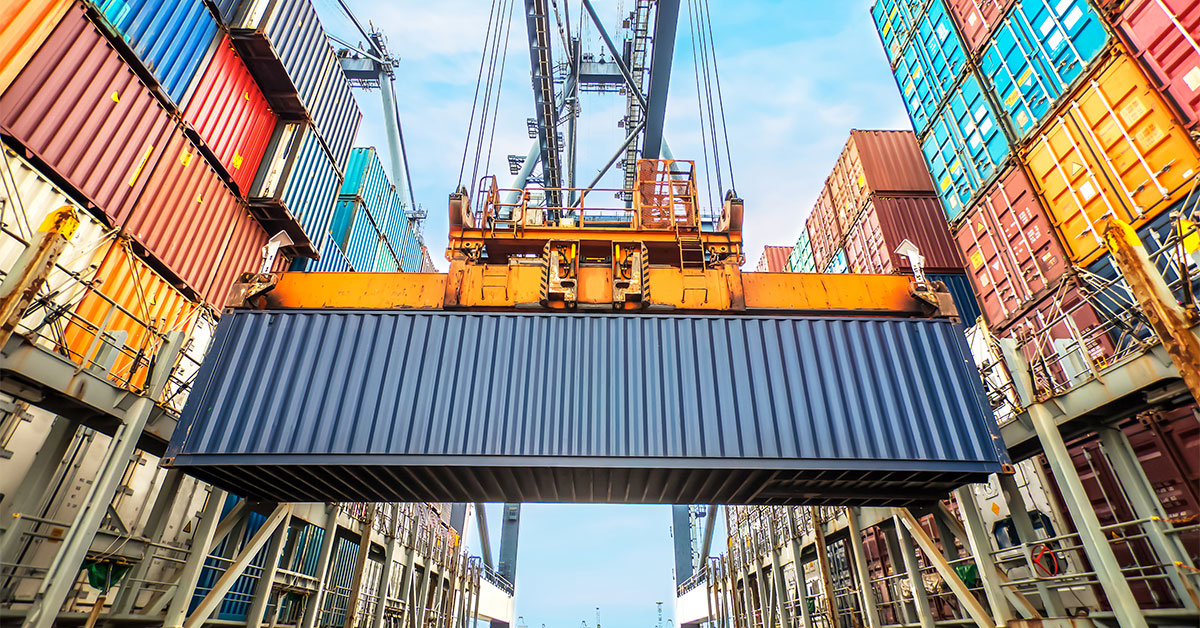Malaysia has just announced that they will be returning thousands of tonnes to illegal plastic trash to their exporting countries despite the difficulty.
They have started intercepting containers at their three main ports – Klang, Penang, and Sarawak – and are making sure to check for import permits as well as whether they meet the criteria for importing plastic waste under the Basel Convention on Transboundary Movements of Hazardous Wastes and Their Disposal.
According to the Energy, Science, Technology, Environment and Climate Change Minister Yeo Bee Yin, the Malaysian government “is taking stern action to combat the illegal movement of plastic waste into Malaysia by stopping the movement at the source, which is at the ports” and that they have already “repatriated 150 containers of illegal plastic waste with approximately 3,737 metric tonnes” as of now.
Challenges Faced
They have been working on this repatriation since last year and officials have said that this was a task with great difficulty, especially because the exporting countries are not cooperative and would not take the containers back.
Another challenge was also determining the export country of the containers because many of them seemed to have been abandoned at the ports.
Due to the fact that some of the exporting countries are not party to the Basel Convention and the fact that that they choose not to cooperate and take their containers back, Minister of Housing and Local Government Zuraida Kamaruddin suggested that perhaps only incineration would work best to get rid of the waste.
Why Malaysia?
Ever since China banned the import of plastic waste two years ago, Malaysia became the next go-to destination for global exports to dispose of material that was costly and troublesome to get rid of.
Malaysia initially received 20,000 tonnes of imports per month at the beginning of 2017, but this number rose up to 110,000 tonnes per month by early-2018.
In order to prevent the Malaysians from discovering their plan of disposing their materials there, they sent their illegal plastic waste in shipments mixed with genuine recyclable plastic. The plastic waste was also said to be contaminated.
This was also supported by Ms Yeo’s statement where she reported that many of the illegal importers made “false declarations” to customs whereby they filled the front of the container with recyclable material and put all the illegal waste at the back.
Through strict inspections carried out by Malaysia, 218 out of 393 plastic recycling factories were forced to cease operations as they did not follow regulations.
The Repatriation Exercise
If you’re curious as to where the 150 containers came from, here’s a breakdown:
- France – 43
- Britain – 42
- United States – 17
- Canada – 11
- Spain – 10
- Japan – five
- Singapore – four
- Portugal, China, Bangladesh, and other countries – 18
Other than these 150 containers that have already been repatriated, Malaysia is still in the process of repatriating another 110 containers that are currently still at their port. Here’s the breakdown:
- United States – 60
- Canada – 15
- Japan – 14
- Britain – nine
- Belgium – eight
- Mexico – one
- Hungary – one
- France – one
- Jamaica – one
Malaysia has made it very clear in a statement that they will not be paying any money to return the exports. The costs will be borne by the exporters or the shipping companies. Ms Yeo clarified that it wasn’t “about the money”, but rather, “dignity”.
She added, “People dump their rubbish into your country, you are not supposed to pay them to send it back. No matter how difficult, we are going to send them back and we are going to make people who export here, and the shipping liners to pay for it.”



